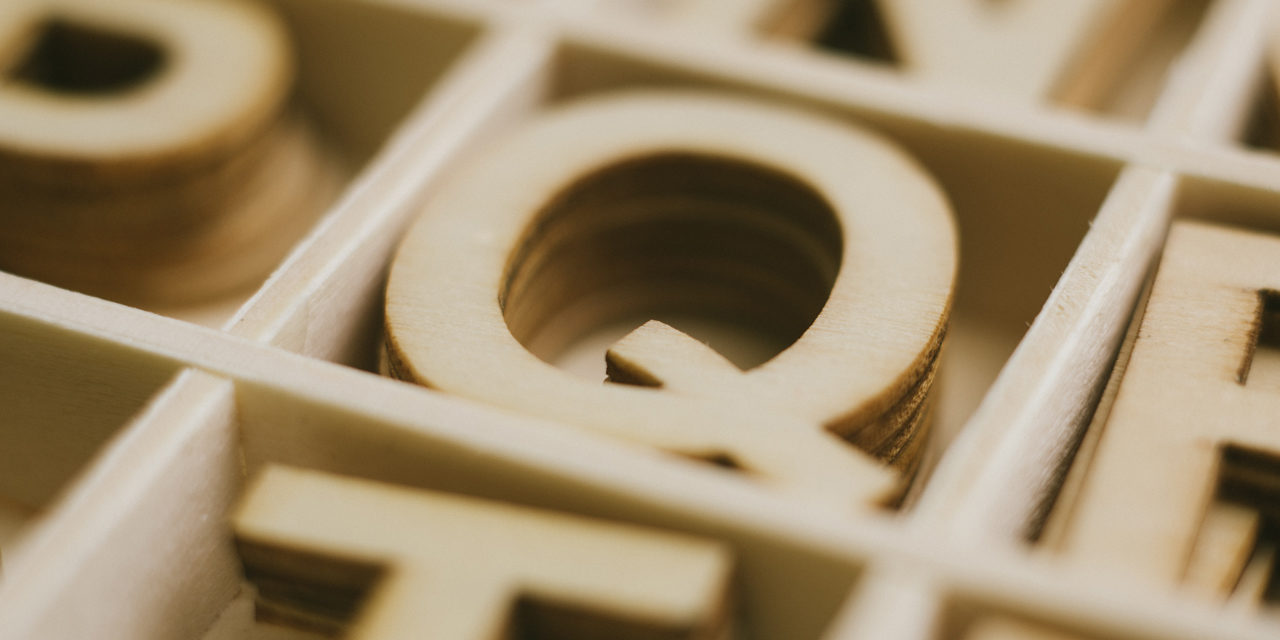Many Christians are adding “Q” to LGBT. They shouldn’t and let me explain why.
Often they use it mistakenly believing that doing so is more sensitive, respectful and enlightened, like using “Asian” rather than “Oriental,” “African-American” over “Black” or “disabled” rather than “handicapped.” This can come from good intentions, but it is ill-informed and unnecessary. These others are objective, defined groups of people. “LGBT” is not. It is almost inherently subjective. This fact is worth stating.
To be sure, we should care for and be kind to all individuals, regardless of their story. This is what my book, Loving My LGBT Neighbor is about. But we certainly do not have to be respectful of all political and ideological groups, including the gay and lesbian ones. There is a very important difference here. People are people and groups are not.
So, about the Q?
Not adding the Q to LGBT has to do with some very important particulars of the gay and lesbian movement and its public relations goals. Let’s look at just two of the major ones.
Many in the Gay Community Resist the Alphabet Soup
I’ve had many discussions over the years about the variations of this acronym with gay, lesbian, and trans leaders who I count as friends. They express frustration with it, explaining how they and many of their peers have given up deciding what letters should be included in this ever-growing list of letters because no one can agree on them. “Who can keep up anymore, so why even try?” a gay actor from Chicago told me recently.
A long and valued friend of mine in that movement, Jonathan Rauch, wrote a fascinating piece for the Atlantic last year on this very question. He explains that some highly influential leaders in his community refuse use “LGBT” or any of its derivatives, not because of confusion, but on principle. Frank Kemeny, who many credit as the father of the gay rights movement, “abjured it.” Kemeny, a colleague of his explained, realized early on that establishing a truly inclusive moniker for their movement would lead to ridiculousness, stating, “Frank was quite indignant about the alphabet soup. When it started in the ’80s with gay and lesbian, he correctly predicted that there would be no end of it.” This is because there is no clear determination of what should and should not be included in this group. Many others in that community are of the same opinion. If leaders in that community have long given up trying to get the thing right, you and I shouldn’t feel compelled to worry ourselves with it in the least.
LGBT Refers to Something That Doesn’t Exist
There is no actual LGBT movement and there is no such a thing as an “LGBT person.” As one friend in that movement told me, “I am not an ‘LGBT person,’ nor is anyone else. No one is a Lesbian-Gay-Bisexual-Transgender-Queer-Questioning person.” In his Atlantic piece, Rauch holds that LGBT “is not a label that accurately describes me or any other American. It describes a coalition, yes, but not any actual person.”
Just as the “LGBT person” does not exist, neither does the movement or the coalition in actuality. It’s an ideological and socio-political construct. It certainly does not refer to a unified, naturally occurring people group. Why? The members of this supposed coalition do not live in solidarity. They don’t get along so well and certainly don’t agree on who should and should not be counted as members. Disagreement on this matter is baked into the thing itself.
Thus, it is not actually a “thing” so we should stop pretending it does. They are not the political allies most assume. The Ls think Gs are too promiscuous. The Gs are shocked that the Ls get so serious in their relationships so quickly. The Ls and Gs believe the Bs should stop pretending and just pick a side already. The Ls, Gs, and Bs believe the Ts are a curiosity. And most of the other letters never bother to show up at the marches.
A lesbian activist explained this division well in the pages of The New York Times, “The gay establishment has always taken “L.G.B.T.” to mean “gay, with lesbian in parentheses, throw out the bisexuals, and put trans on for a little bit of window dressing.”
There is ample evidence that the members of this supposed coalition don’t wholly respect and stand up for each other. They are, more than not, segregated in practicality and ideology. Those outside their movement should certainly not feel compelled or shamed into being respectful of the group when they are not. Acting as if this alphabet soup of disagreed upon letter is an objective class of people who must be addressed in the proper way is at odds with reality. Trying to get it right is a fool’s errand; many of their own people gave up on it long ago. The rest of us shouldn’t assume it matters.






